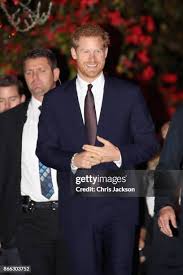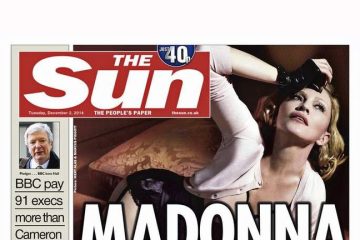The Evolving Role of Prince Harry in Today’s Royal Family

Introduction
Prince Harry, Duke of Sussex, has increasingly become a pivotal figure not only within the British royal family but also as a prominent advocate for various social issues. His journey, marked by personal struggles and public initiatives, has sparked discussions surrounding mental health, social justice, and the responsibilities of modern royalty. As the world continues to evolve, Prince Harry’s role offers a unique lens through which we can examine the relevance and adaptability of the monarchy in contemporary society.
Recent Developments
In recent years, Prince Harry has taken significant steps to reshape his public image and influence. Following his departure from royal duties in 2020, he and his wife Meghan Markle relocated to the United States, where they have focused on charitable initiatives through their Archewell Foundation. Among various projects, Harry has been a vocal advocate for mental health awareness, partnering with organisations like BetterUp to promote well-being in the workplace.
His candid discussions about mental health, particularly stemming from his own experiences regarding the loss of his mother, Princess Diana, have resonated widely. Harry has also addressed issues of racism and socio-economic disparities, shedding light on the challenges faced by underrepresented communities. This public engagement marks a departure from traditional royal protocols and highlights a more accessible approach to royalty.
Influence on the Monarchy
Prince Harry’s actions have raised questions about the future trajectory of the British monarchy. By stepping back from royal duties, he has challenged long-standing conventions, prompting a reevaluation of how younger royals can engage with the public and advocate for change. His approach contrasts with traditional norms, suggesting that the monarchy may need to adapt to maintain relevance in an increasingly progressive society.
The royal family has faced both criticism and support for Harry’s decisions, highlighting the complexities surrounding monarchy in the modern era. While some view his actions as a necessary evolution, others see it as a departure from royal expectations. Nonetheless, Harry’s influence persists, and the repercussions of his actions will likely be felt for generations.
Conclusion
Prince Harry stands as a transformative figure within the monarchy, embodying a modern vision of royalty that aligns more closely with contemporary values and issues. His emphasis on mental health, social justice, and community engagement is setting a precedent for future generations of royals. As the royal family navigates its future, the significance of Harry’s role cannot be understated; it reflects a shift towards transparency, compassion, and relevance in a rapidly changing world. The landscape of monarchy is undoubtedly evolving, and Prince Harry is leading that change.







